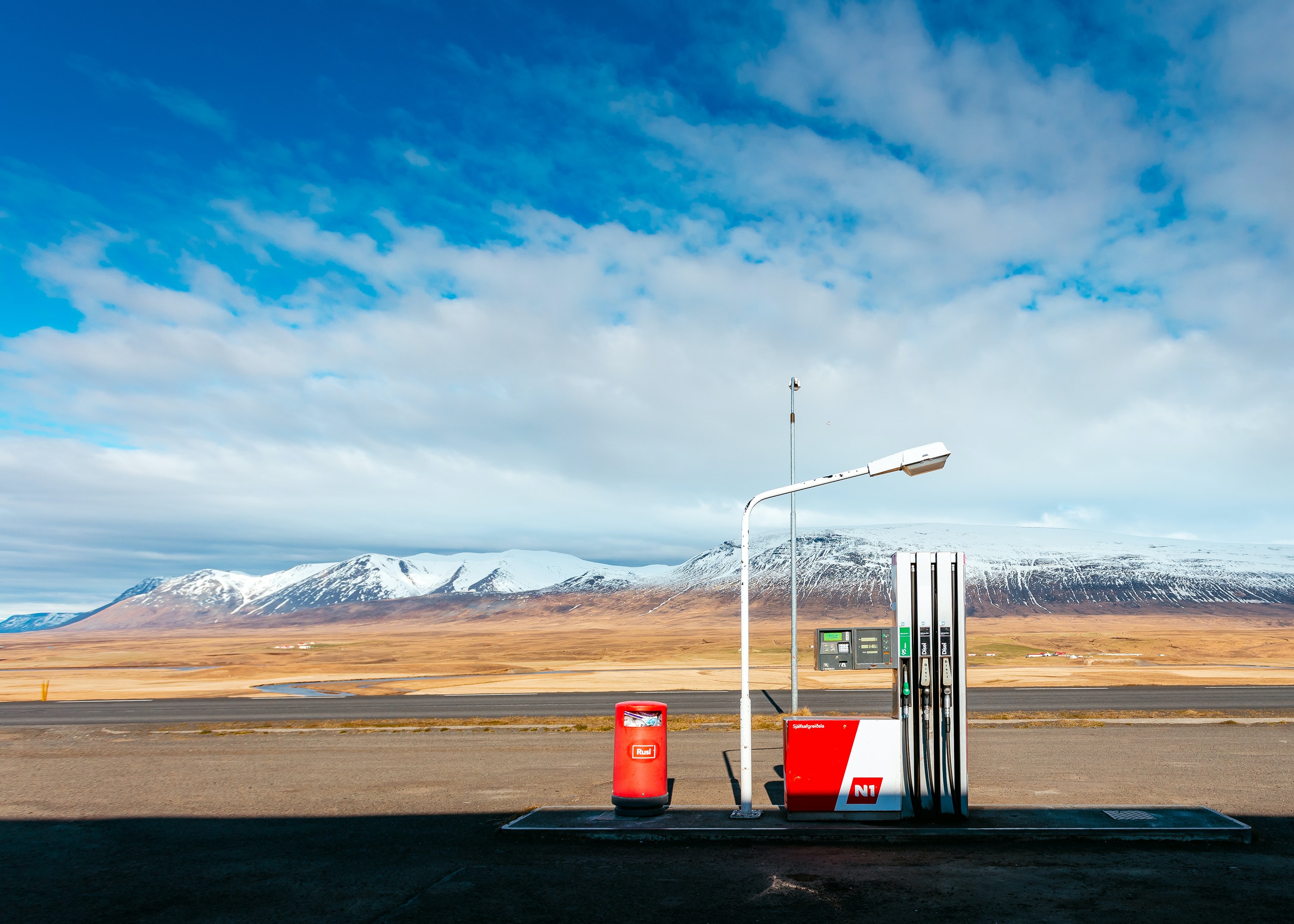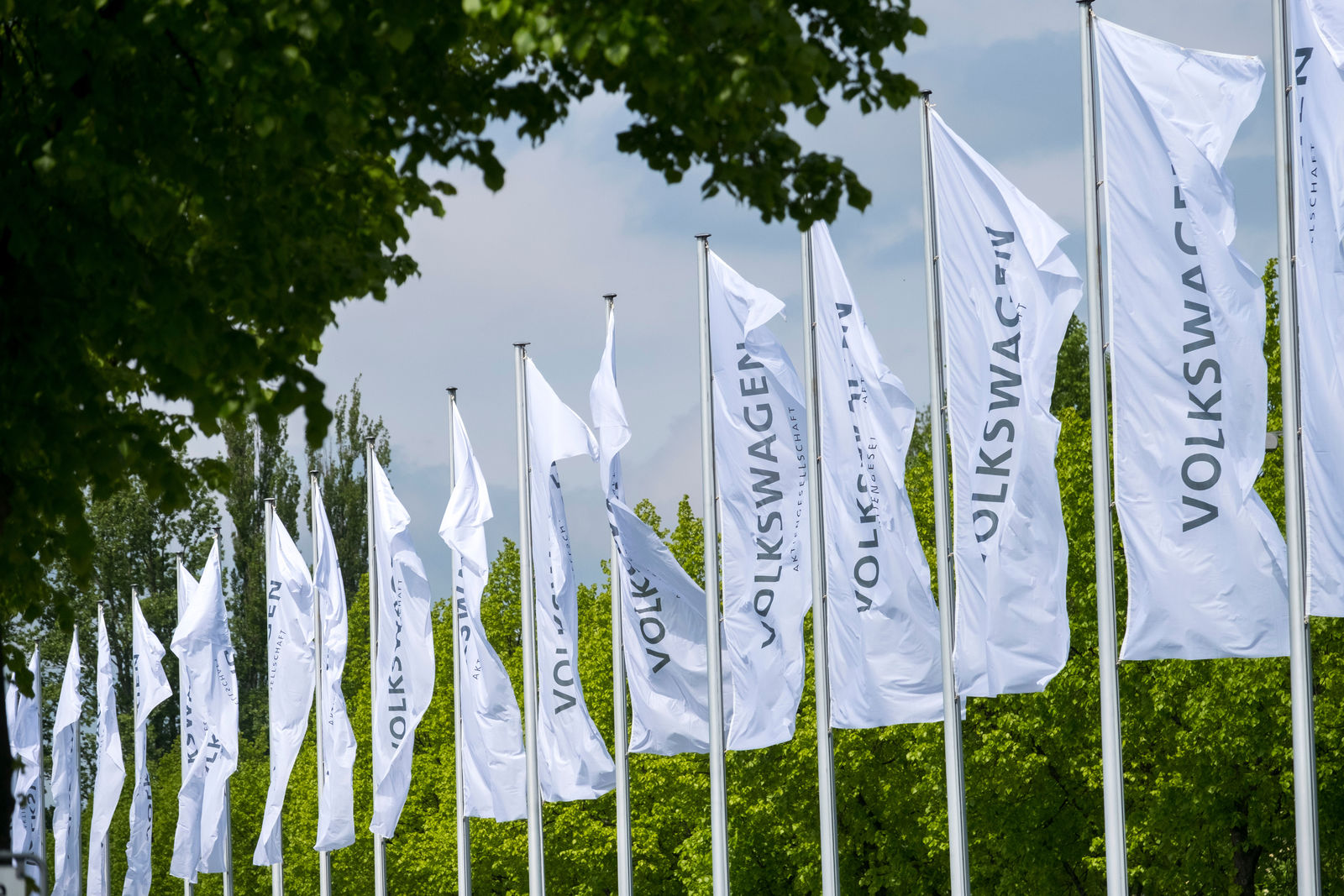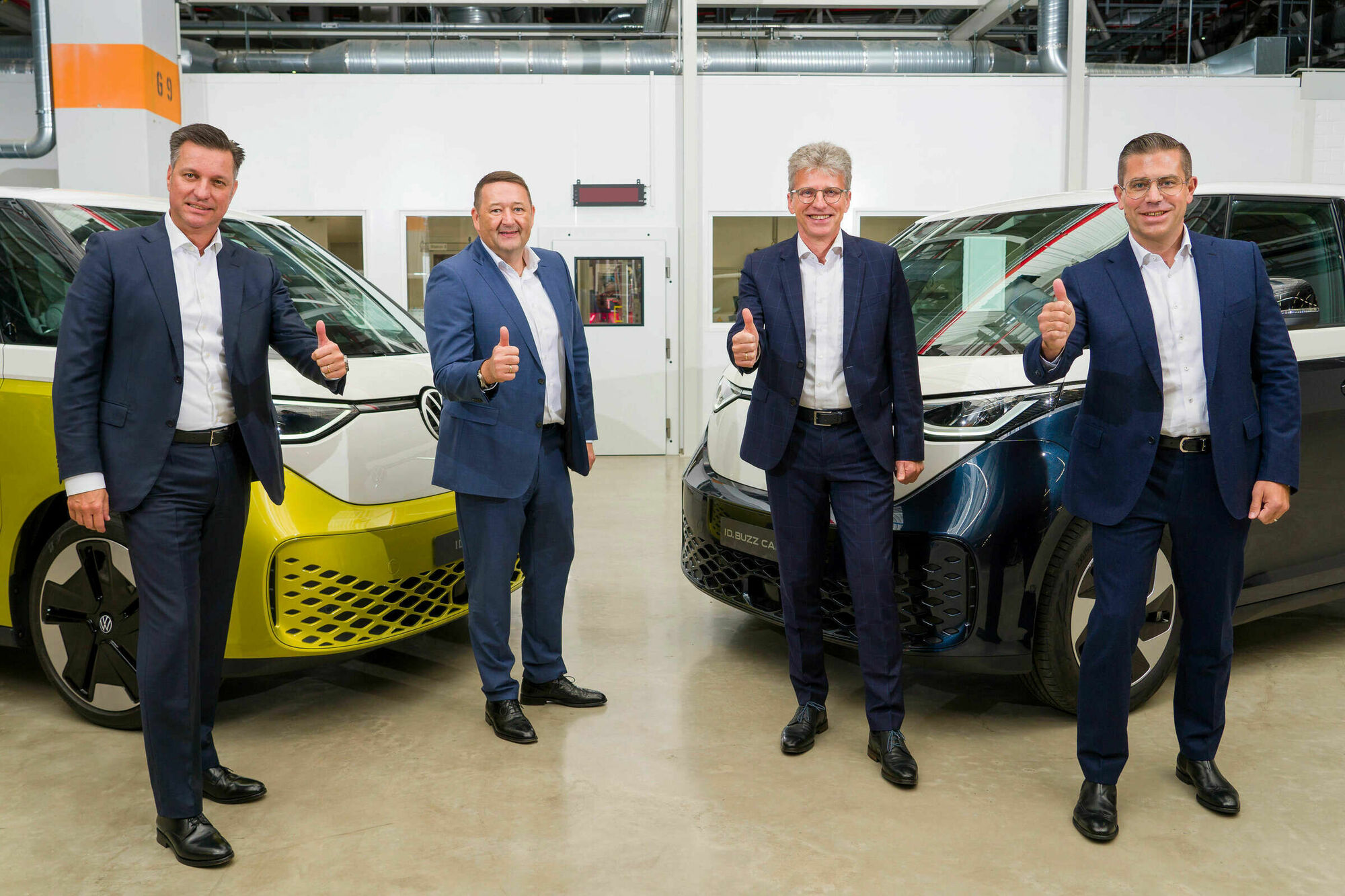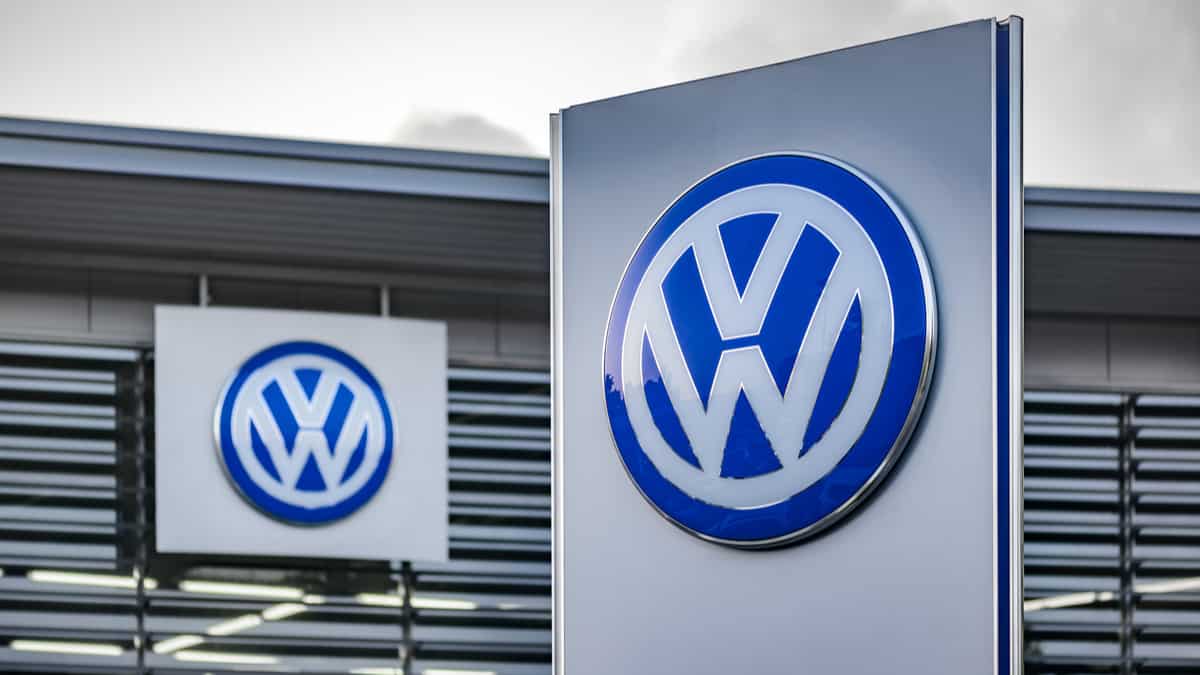How the Dieselgate Scandal Changed Engine Manufacturing
Volkswagen AG

In May 2022, Volkswagen finally settled on an issue that has plagued them since 2015. Often titled “Dieselgate”, VW has settled to pay $242 million USD to 91,000 British drivers over diesel emissions.
The lawyers representing the drivers were able to prove that 11 million VW cars worldwide - and 1.2 million in Britain - had software installed that cheated diesel emissions tests. Tests that were meant to reduce the amount of nitrogen oxide car fumes.
Overall, this scandal cost VW over $34 billion in vehicle refits, fines and legal costs. But it also sparked something more. Even though the lawsuit pertained to something that happened seven years ago, the settlement that happened recently brings to light a lot about the nuances of making engines. Not just for Volkswagen, but for every car manufacturer in the world.
The Switch To EVs
With this huge settlement happening, it signals that engines and cars need to make drastic changes and that the world is evolving rapidly. But while these new innovations are taking place, the market is making a slow transition.
For engine makers, they’re stuck between a rock and a hard place right now. Diesel engines or any engine needing fossil fuel is becoming less favourable to make. Especially as car companies could be facing potential fines later down the road if they don’t make dramatic changes. But while the engines of electric vehicles are promising and increasing throughout future car models, the upfront costs are steep and materials are harder to come by.
Not to mention, many engine manufacturers could’ve been caught off guard by the transition in the first place. For example, Evtec Aluminium is a small supplier of two plants in England. Leading up to 2015 and ‘Dieselgate’, many car makers, including the main customer of Evtec, invested tens of billions of dollars in diesel models. Many believed diesel was the way of the future until that scandal broke and Britain began abandoning diesel for EVs. They now plan to ban combustion-engine car sales by 2035.
With such far-sweeping changes, businesses need to rapidly adapt. In 2015, EU car sales with diesel made up 52% of all car sales. That has since dropped to 19.6% since 2021 and Britain only has 8.2% sales of diesel cars.
Unrecoupable Costs & Cutting Jobs
Dieselgate has forced car manufacturers to backpedal and issue reactive responses to the changes. What once was thought to be the way of the future for car engines has now forced many of those car manufacturers to have engines they can’t put into cars. That, or putting a diesel-fueled car onto the market now would result in that car sitting in the lot for years.
While car manufacturers are making changes to incorporate new engines - like EV motors or even hydrogen fuel cells - this comes at the cost of jobs. Hundreds of jobs have been lost in order to manage this transition, otherwise the business would fold. Combined with the fact that every car manufacturer is going after a piece of the market, it’s highly competitive and companies might only take a tiny slice of the overall pie.
Smaller Suppliers Dropping Out
All of these circumstances will result in other companies dropping out of the engine manufacturing and car business. Funding new equipment for EV parts is just as expensive as the material for the engines themselves.
Furthermore, with sales contracts, manufacturers can expect two to three years of waiting before the production of those engines can begin. This leaves suppliers in tricky situations as carmakers aren’t able to bail out every car part manufacturer.
This results in the cuts, as mentioned before, or manufacturers closing for good. What this reveals is behind-the-scenes costs that the general public doesn’t often see. When making the change for something better and cleaner, a lot of people and businesses need to make tougher and tougher decisions each step of the way.
Impact On The Way That We Drive
With every new change and step towards saving the planet, it’s important to keep in mind that the companies we deal with every day must make dramatic changes. This can result in some unfair changes. Things like people losing jobs and having to retrain or businesses closing down.
But with every change, there comes new opportunities and from those real positive changes, a lot of good can come from it. Soon we’ll have affordable cars using other gases for fuel rather than fossil fuel. Industries will be taking more leaps in innovation as we hope that companies will uphold ESG values with those innovations in mind. It really goes to show that this is a combined global effort rather than the effort of a single industry.
Follow auto sector manufacturer ESG progress, as well as other sectors, with our extensive, growing list of Company ESG Profiles.






